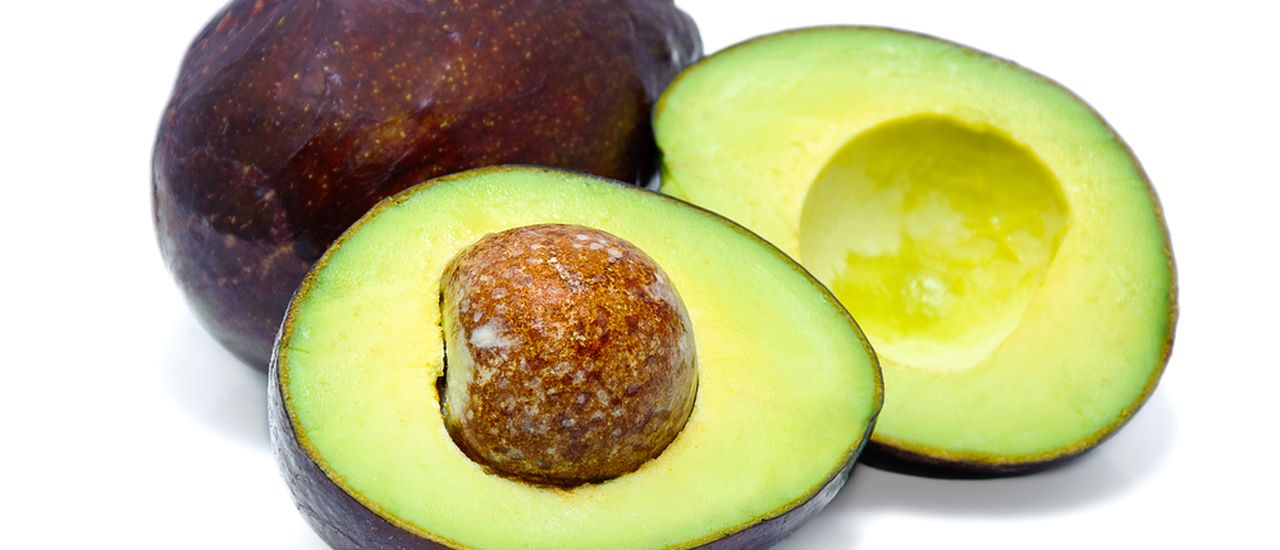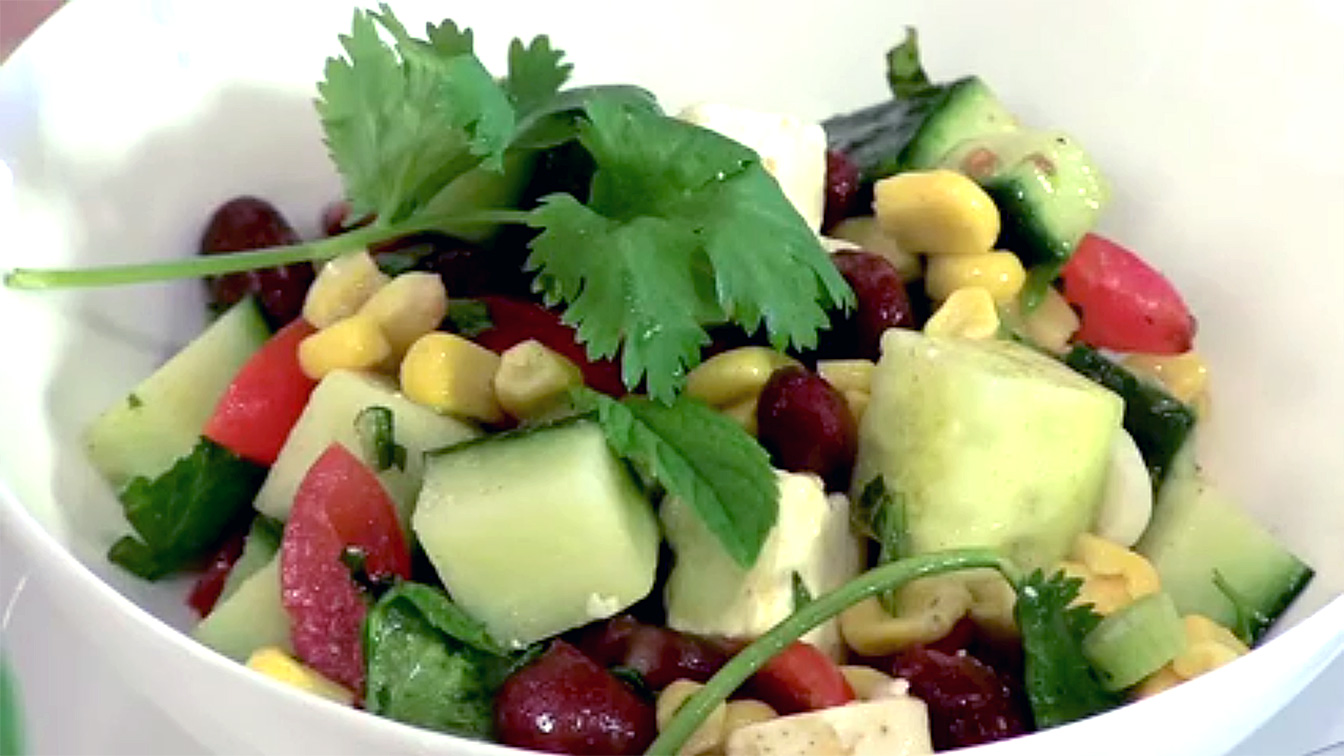“I lost 5kgs fast, but now I’ve put them all back on!” There are many weight-loss schemes that will help you lose weight, but the true test comes with keeping it off and maintaining your new fitness levels. This means exercising more, and changing your eating habits – for good!
Category: Food & nutrition
3 Changes that will help you lose weight
You’ve been exercising regularly and eating all the right things at the right time, but you’re still not losing weight. Sure, your pants are a little looser around the bum and thighs, but the scale’s still saying that you weigh the same. So what’s stopping you from reaching your weight goal? Here are 3 of the most common reasons why you’re struggling to lose those extra kilos.
1. Don’t eat more calories than you’re burning
The basic principle behind weight loss is to burn more calories than you eat. So, eat a bit less, and exercise a bit more. It should be simple, right? Except, all too often after we’ve had a good workout, we feel we can get away with over-eating or drinking – because ‘we’ve earned it.’ The problem: what normally happens is that you just end up eating back all the additional calories you’ve burned off at the gym. We also tend to overestimate how many calories we burn off versus how many we’re eating. You might burn of 500 calories in an intense gym workout, but then choose a creamy pasta dish at dinner, so you land up eating double the amount of calories you’ve burned off.
2. Don’t think you can outrun a bad diet
Regular exercise certainly helps you lose weight, as it helps create a calorie deficit whereby you burn off more calories than you consume. But exercise alone is not enough to help you reach your goal weight and shape. You also need to drop your calorie intake and take on a healthy diet that’s high in protein, fresh fruit and vegetables and fibre. Cut out any ‘bad’ health habits such as smoking and drinking. The truth is, a healthy diet AND regular exercise are what it takes to help you reach your goal. Sadly, no amount of exercise can make up for an unhealthy diet.
3. Consistency, consistency, consistency!
Healthy eating, exercising regularly, and avoiding ‘cheat foods’ is great. But, if you only stick to it for a week or two, then fall off the wagon for a few days before kick-starting your healthy living programme again – you aren’t going to lose those extra kilos. Consistency is key when it comes to losing weight, and keeping it off. Aim for a realistic personal weight loss programme – one that you know you can stick to until you reach (and are able to maintain) your ideal weight.
Like with any major life change, start small and stay steady. Do one change at a time – like increasing exercise or dropping sugar – and let it become a habit, before tackling the next goal. You can really do this!
Joanne Hart for HelloDoctor.com
Mackerel and avocado wrap
Summer, sunshine and braais in sunny South Africa – what more would we want? Beautiful skins, thank you very much. Well, then we have to take care of them – you only have one. Taking care of your skin should not just be something from outside. How well you eat, is often reflected in the condition of your hair, nails and skin. Healthy food is packed with the nutrients our bodies need to look and feel great. Moderation and variation remains key and including enough healthy omega-3 essential fatty acids, plenty of antioxidants and zinc, is the answer.
Despite the fact that many believe that fat is bad for you – having the right kinds of fat as part of a balanced lifestyle, is almost more important than the quantity of fat we eat. Good choices for Omega-3’s are avocados, nuts and seeds, olive oil and oily fish like salmon, trout, mackerel and fresh tuna. Red, yellow, orange and green fruit and veggies are packed with antioxidants and other nutrients important for your skin, fighting free radicals known to damage cells. Make sure you include things like blueberries, oranges, tomatoes, carrots, spinach and other green leafy veggies. Eggs are not only a good source of protein, but also zinc and selenium, which is important for your skin, hair and nails. Include as many of these ingredients in a wrap as possible for a beauty boost.
Continue reading “Mackerel and avocado wrap”
A student’s guide to healthy eating
Leaving home to study is an exciting time for many young adults, and it’s often the first step towards independence and reaching their career goals. While many students travel to and from varsity every day, others don’t have that option, and live in a residence or house-share. Being away from home often means that ‘res’ students end up eating an unhealthy diet, with ready meals, 2-minute noodles and high-fat cafeteria food making up the bulk of their daily meals.



